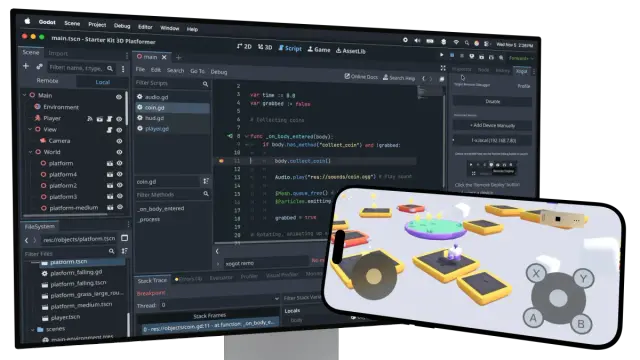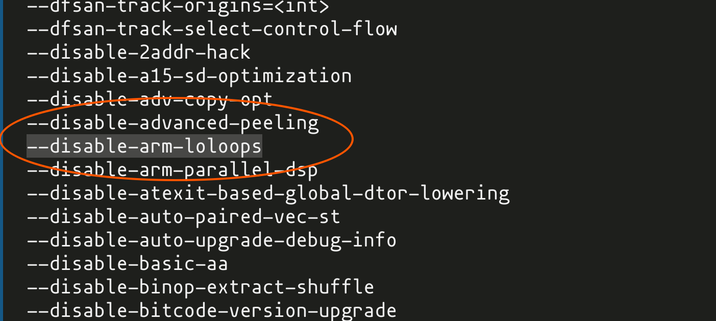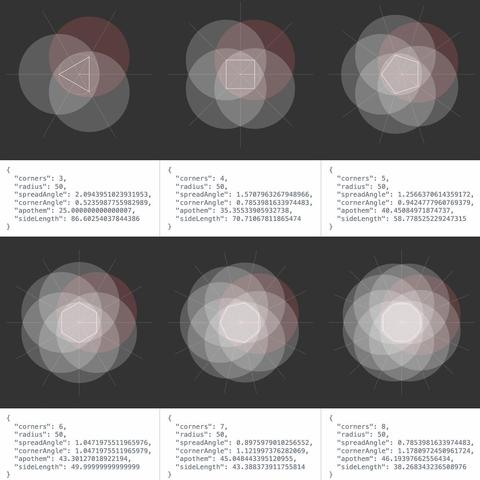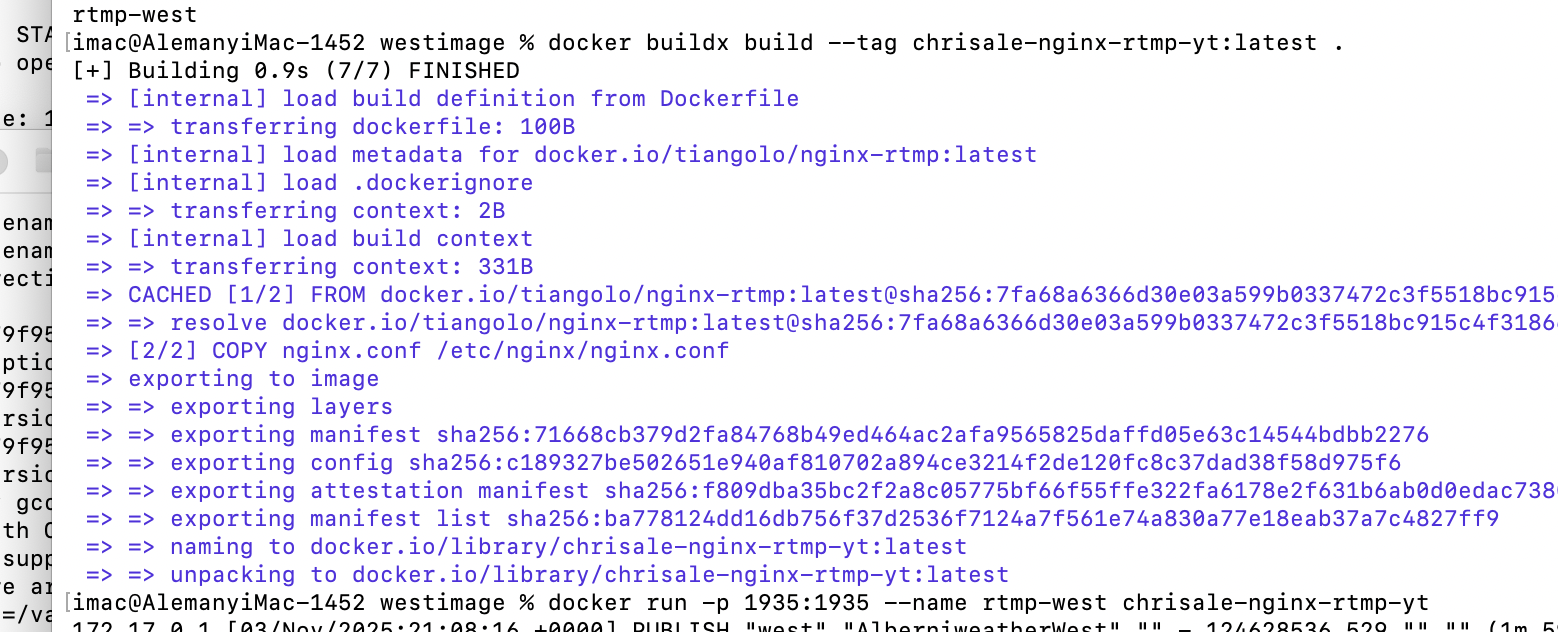2025-12-16 12:57:27
So I just wasted a morning trying to debug why the Highlight.js syntax highlighting in Kitten suddenly began to fail only to realise that @… is stripping the hljs- prefixes from the class names.
You can see this for yourself if you have the 1password extension installed at:

![Two overlaid terminal sessions:
$ aiocoap-client coap://ttyacm0.dev.alt/.well-known/core --credentials client.diag
# application/link-format content was re-formatted
<>; ct=0; title="Landing page",
</time>; ct=0; title=Clock,
</poem>; sz=1338,
</cbor>; ct=60,
</stdout>; if="tag:riot-os.org,2021:ser-out"
$
followed by a debug log that shows:
[DEBUG] Peer indicated use of the one preconfigured key by KID. (coapcore coapcore/src/seccfg.rs:382)
[DEBUG] Processing 19 bytes at start of message int…](https://assets.chaos.social/media_attachments/files/115/703/868/209/423/980/small/b77027945b116690.png)


















